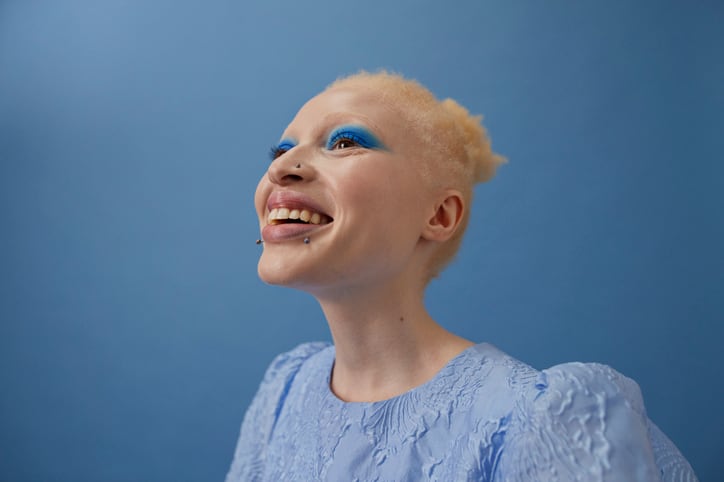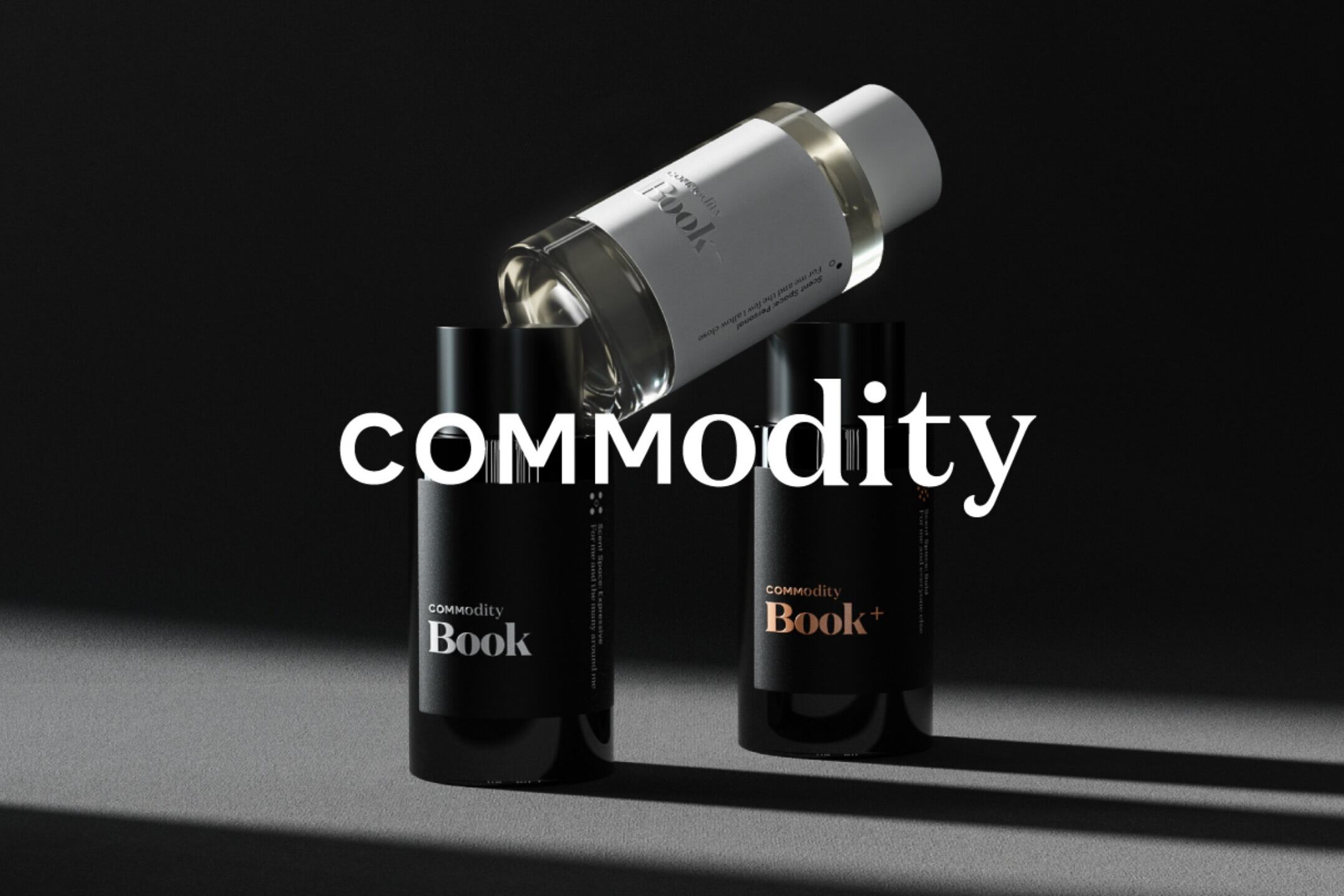Dynamic Blending, a contract manufacturer out of Utah, is well-positioned to work with small fragrance brands, with low minimum order quantities and in-house R&D and design services. CosmeticsDesign spoke with co-founders of the company, Jordan Erskine and Gavin Collier, about what they see happening in the indie fragrance market and what trends to keep an eye on.
What do you see as things that fragrance brands need to know to be successful in the indie fragrance space right now?
Jordan Erskine: A lot of it just has to do with who are they actually marketing to. Depending on who they're actually targeting, that really dictates what types of fragrances they're going to use or methods to provide fragrances to the various perfume formulations that they're going to be developing.
That also dictates what type of packaging, how that is sourced and whether it's environmentally friendly. All those things come into play, depending on who the target audience or target customer is. That's something they really need to think about before they develop a formula.
On your branding and marketing side of the business, have you noticed any trends in what these fragrance brands are looking for?
Gavin Collier: Companies are really wanting to go for the sustainability approach. Everything from ingredients to the packaging, they're looking at what's more environmentally friendly.
We're seeing that a lot of the younger consumers are looking for things that are just cleaner. They want to know what's actually inside the product that they're purchasing. They want transparency from the brands to provide that.
Jordan Erskine: Another trend goes hand-in-hand, the social media aspect of starting a cologne fragrance brand is a lot different these days. We know of a few different brands that have had very successful Kickstarter campaigns without even sending one bottle of fragrance out.
Some of these companies are raising hundreds of thousands of dollars, if not billions of dollars on Kickstarter-type platforms, just based on the fragrance in their marketing. The power of social media and Kickstarter and things like that are opening their arms to cologne, perfume, skincare and beauty-type products in general, which is kind of unheard of.
Some of these brands are having extremely successful campaigns, and their branding obviously helps as well with very minimal spending, which is very unique.
Gavin Collier: Different ingredients and fragrances are being used to tell a marketing story or a brand story. We're seeing citruses and other floral tones to elicit moods and other feelings. We're seeing that piggyback off of the essential oil market.
There's a massive market for essential oils Essential oils are now being used in fragrances and cosmetics and people are really liking that and want to use some fragrances in a way to tell a story and supports their ecologically friendly branding.
Jordan Erskine: We've seen a rise in different delivery methods for cologne and perfume. Solid stick colognes are pretty popular, consumers rub their hands on it and then kind of rub it on their neck.
It's not as strong or potent but it definitely is an easy in-your-pocket, on-the-go fragrance option.
In perfume, we've seen fragrant body gels where someone would spread it all over like a lotion but it's more fragrant to be used as an overall body scent. There have been a couple of larger companies that have come out with body gel-type fragrances geared more toward women.
What else is important for beauty professionals or prospective brand owners to know about the fragrance space right now?
Jordan Erskine: One of the bigger things is that this industry and other industries are seeing a lot of volatility in supply chains. Some ingredients are all over the place, even before COVID-19. After COVID, in the last couple of years, they've been even more volatile.
What we do when we are onboarding clients is more of an education session. “Here's what we can do, here's what we recommend and here's what we don't recommend.” Especially if they start going down that natural path, our limitations are a lot.
It's almost like a moving goalpost when companies come to us and they want something natural, made with essential oils, because then we have to explain to them all of the repercussions of using an essential oil, instead of a traditional fragrance.
Gavin Collier: One of the characteristics of essential oil is there's going to be a variability in the color of the materials that you get from the supplier. You might want to build your brand off of a particular tone of color. But if you understand that natural products have natural variability, you can expect to see that.
It's just part of the process of determining who you're going to market this too and what you must put into your formula.
What's it like as a contract manufacturer to serve as the first line of industry education for these very small indie brands who have a concept, but maybe aren't so familiar with the nitty gritty of personal care?
Jordan Erskine: It's extremely difficult because we've been doing this for 20 years. There are so many little nuances and things that you have to be aware of that it's almost tribal knowledge.
When we get new clients that are startups or indie brands, who have never really done this or done this process before, what we found is certain clients will try to catch you up on something or hold us liable for something that is industry knowledge.
That education piece is something that we always talk about needing to improve and are going to improve with our marketing team. We've even found major brands that are already selling in some of these retailers where our quality team have have found quality gaps. There's just a lot in this industry and education is a hard part of it when we get clients that don't really know what they're doing.
Gavin Collier: We're literally educating all the time. We work a lot with indie brands, but as Jordan said, there are a lot of people that have somehow faked it and gotten into positions that they probably shouldn't be in.
They're doing things and they don't fully understand the process. It almost doesn't matter how big the company is, we're having to educate them on how things are really done. That's a good position for us to be in at the end of the day, because of the service we provide.
These brands, very large and small, come to us because they don't fully understand how everything needs to be done and why it needs to be done the way it is, and we're happy to do it the right way and show them, teach and help them become a better brand while we're manufacturing their product, but it's a team effort.




